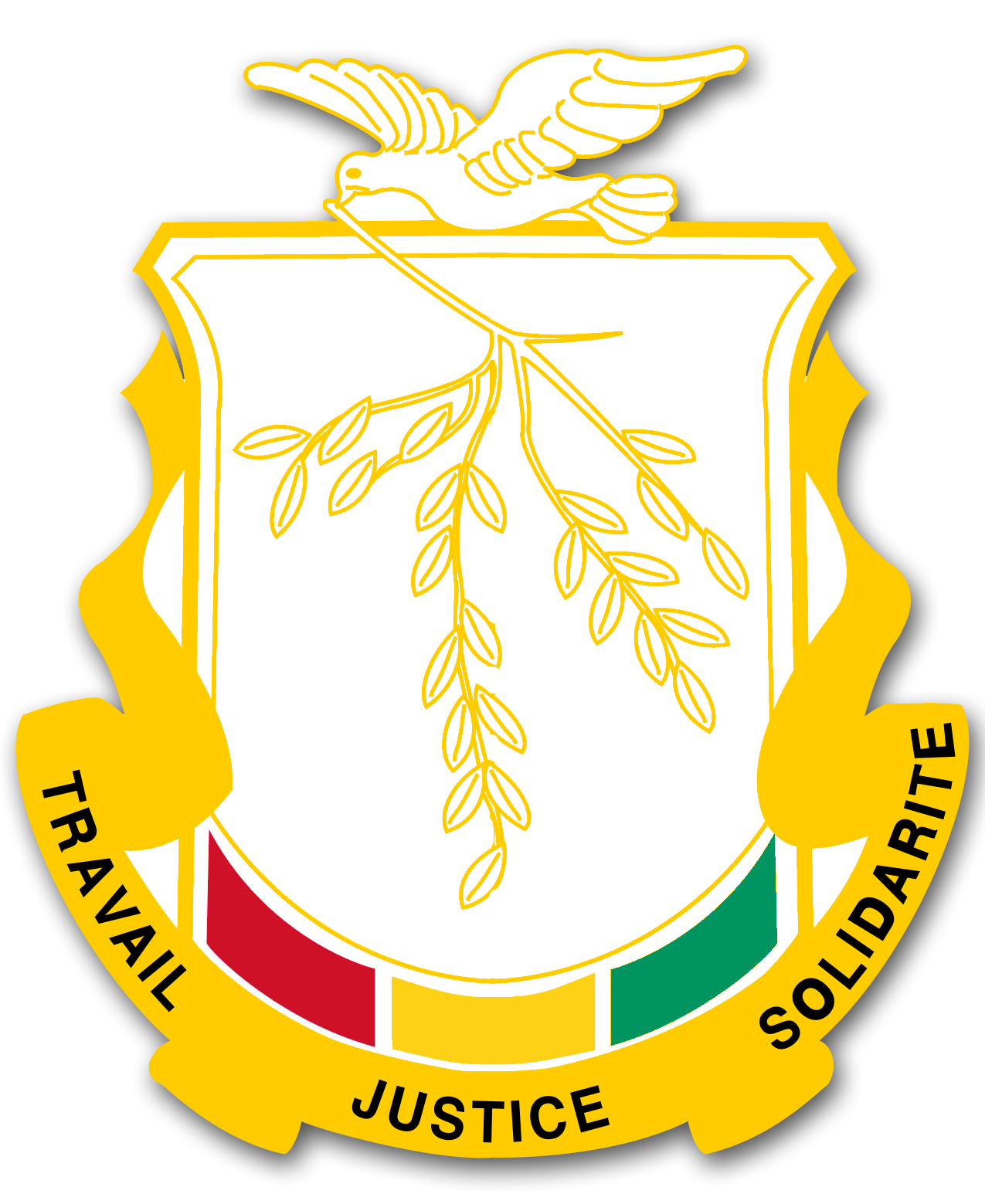Guinea - Market Opportunities Overview of best prospect sectors, major infrastructure projects, significant government procurements and business opportunities
Guinea is richly endowed with natural resources, especially minerals. Guinea possesses between 10 and 40 billion metric tons of bauxite, thought to be over a third of the world’s reserves. In addition, Guinea has over an estimated four billion tons of high-grade iron ore, significant gold and diamond reserves, and undetermined amounts of uranium and prospective oil reserves. The majority of these resources have yet to be extracted due to the lack of infrastructure. There is great potential for companies which can contribute to Guinea’s infrastructure development, including railroads, ports, and roads. Owing to Guinea’s favorable climate and geography, there is also considerable potential for growth in its agricultural and fishing sectors. Investment opportunities in hydroelectric projects are growing, as Guinea’s abundant rainfall and numerous rivers have the potential to generate enough electricity to power both Guinea and its surrounding neighbors. Power Africa is working to improve energy access through a USAID Global Development Alliance and projects that Guinea will become a net exporter of power with the right investments.
The return of political stability and the inauguration of a democratically elected president in 2010 facilitated international investment in Guinea. New mining projects, a port expansion, hotel construction, and other infrastructure projects have attracted new capital and boosted demand for goods and services across multiple sectors. In spite of the tremendous potential of Guinea’s iron ore deposits, legal issues, and more recently, low global commodity prices, have greatly slowed progress and extended the timetable for its development. Guinea was poised for an economic rebound in 2014, but after the Ebola was identified in the country in March 2014, the economy stalled. Guinea returned to growth in 2016, fueled largely by expanding bauxite exports and a robust agricultural sector.
Guinean consumers generally prefer goods and services from the U.S. and Europe. However, the high cost of
U.S. products compared to cheaper imports from the Middle East and Asia inhibits their wide-scale purchase. The country’s GNI per capita was reported by the World Bank as USD 820 in 2017. Appropriate pricing is important and low cost items will be more successful in Guinea.
The government is seeking investment in all sectors of the economy, but economic growth will most likely be led by the energy, agriculture, and mining sectors. The government hopes to attract foreign investors to agriculture, construction, education, finance,and communication. Government tenders are listed in its official journal (Journal Officiel de la Republique), and in international newspapers when the government wishes to solicit foreign participation. Guinea’s international investment promotion agency has launched a new website (www.invest.gov.gn) to serve as a one-stop-shop for investors. Furthermore, high-level government officials travel to foreign markets throughout the year to promote investment opportunities in Guinea.




